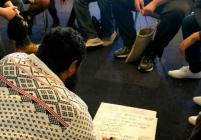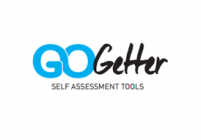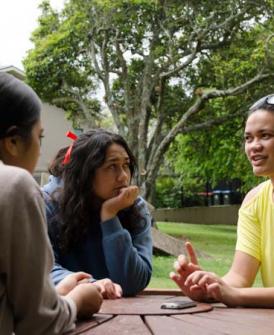
Eating difficulties
-
Relationships >

Relationships
Friends, family, boyfriends, girlfriends...
-
Sex >

Sex
Being ready, consent, safety and more
-
Abuse and violence >

Abuse and violence
Physical, sexual, emotional and support
-
Bullying >

Bullying
Peer pressure, getting help & helping others
-
Your body >

Your body
Feeling good, exercise and your health
-
Your mind >

Your mind
Feelings, thoughts, getting help and supporting friends
-
Drugs and Alcohol >
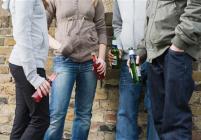
Drugs and Alcohol
Staying safe, partying, tips
-
Beyond school >

Beyond school
Study, jobs, money, help & travel!
-
Our society >

Our society
The world around us
- GoGetter >
-
Learning >
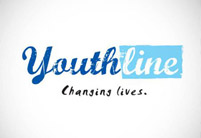
Learning
Can't find what you are looking for?
Need Support or want to talk?
Contact us, by clicking here, we are here to help!
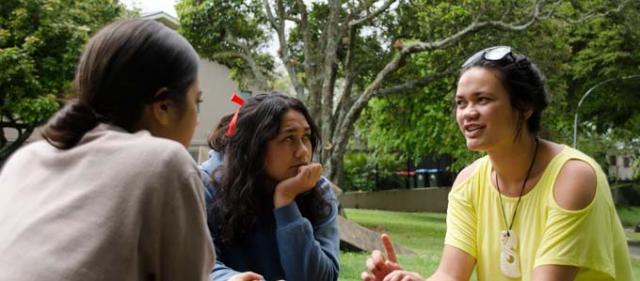
Eating difficulties
Many people (both guys and girls) engage in unbalanced eating behaviours for a whole variety of reasons. Some reasons include having poor self-esteem, poor body image, high expectations and social pressure to look a certain way, as well as poor coping strategies for dealing with stress, low mood and anxiety.
On the extreme end, these behaviours are described as eating ‘disorders’. In these cases, unbalanced eating can be extremely harmful to the body and sometimes deadly.
Although it can be hard to break these habits, it is possible with the right support, to return to balanced eating habits.
Unbalanced eating habits include...
- Overly strict or controlled food intake
- Overly preoccupied with dieting and food
- Yo-yo dieting
- Poor body image
- Self-induced starvation
- Binge eating
- Self-induced vomiting
- Laxative abuse
- Excessive exercising
Do you think you might have eating difficulties? Take our quiz.
What can I do to have more balanced eating habits?
- Don’t have ‘good’ or ‘bad’ foods – give yourself permission to eat any kind of food.
- Use hunger as the cue for eating - not time of day or habit.
- When you are sad, mad or bored – and you are really not hungry – take a deep breath, find something to do other than eat
- Eat until you are feeling just about full but not stuffed.
- Eat slowly, chew your food and eat without distractions like T.V.
- Eat a variety of foods. Have fun with it – try new foods and cook new recipes.
- Stay hydrated by drinking water
- Notice how your body reacts to certain foods.
- Question food packaging’s descriptions of “healthy” and “nutritious”
I think I need help. Who can hook me up with support?
There are people out there who can help you to be happy and healthy, build up your self-esteem and confidence, have balanced eating and exercise habits and cope with stress and overwhelming emotions.
- A trusted adult, like a teacher, guidance counsellor, parent, family friend
- Your G.P.
- Youthline – call 0800 37 66 33 or free text to 234
- Eating Disorders Association of New Zealand (EDANZ) – call (09) 522 2679
- Eating Awareness Team (EAT) in Christchurch- call (03) 3667725
- Central Region Eating Disorder Services (CREDS) in Wellington – call (04) 461 6528
- 211 Family Services Directory Helpline – call 0800 211 211 and they will help put you in touch with a service that is close to you.
How to help a friend:
Remember that having eating difficulties isn’t just a problem on its own but also how someone has tried to cope with other problems in their life.
- It definitely isn’t ‘just for attention’ or something they can ‘snap out of’.
- Talk to them calmly and gently in a private and relaxed setting about the things you have seen or felt that make you feel worried.
- Try not to get drawn into conversations about appearance, weight, diet and food.
- Your friend obviously really trusts you! Be careful not to judge and blame them.
- There is a limit to what you can do to help your friend. Often professional support is required, so speak to someone you trust who is in a position to help.
- Let your friend know what you intend to do before you do it.
Need to talk to someone?
Kia ora - tamariki ma
Contact us, we are here to help!





